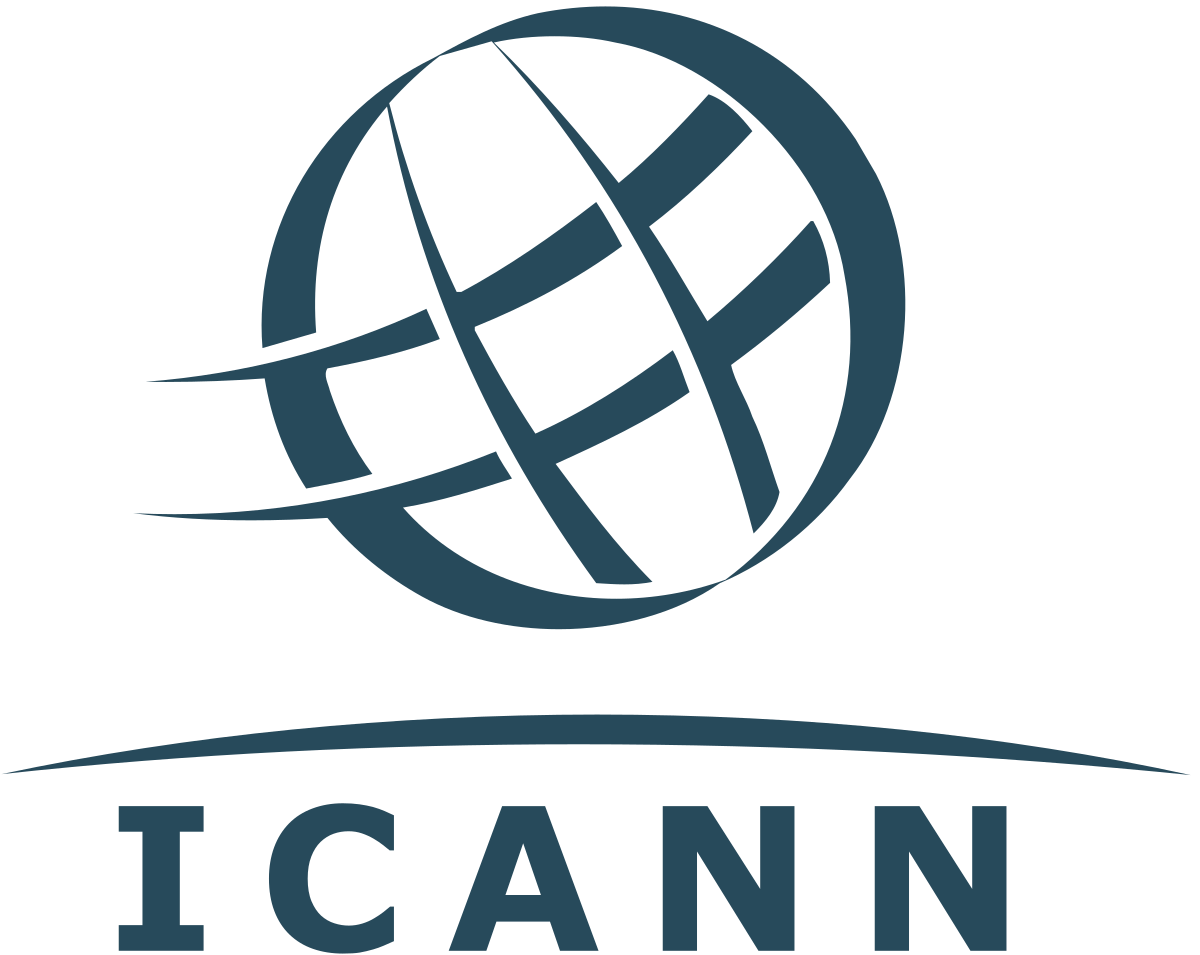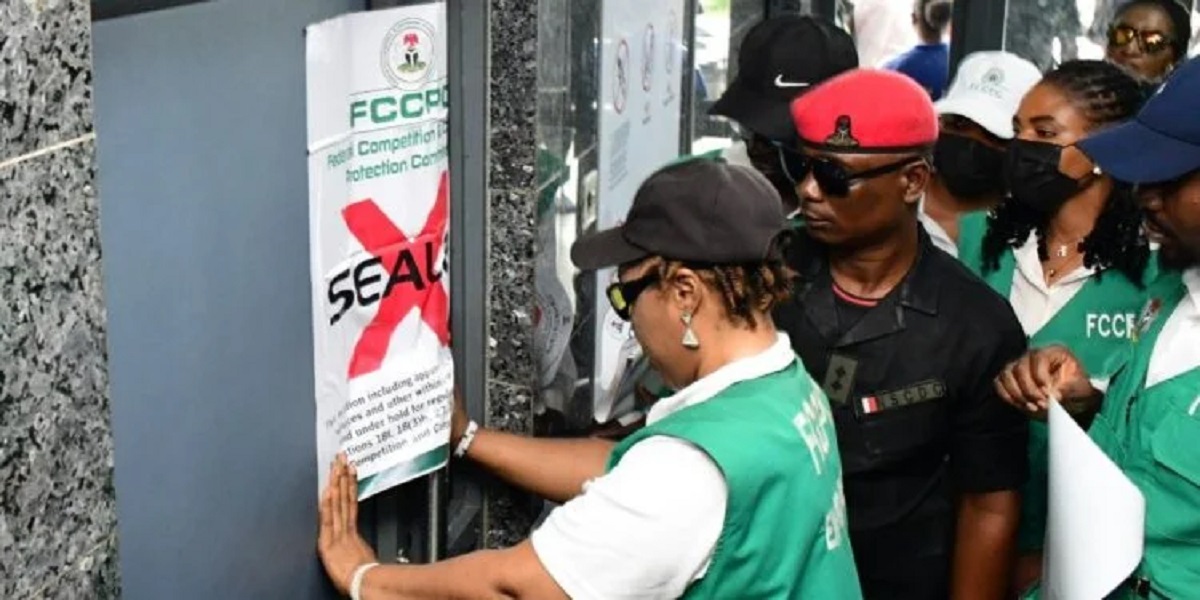News
Global Internet Stakeholders Convene in Abu Dhabi for ICANN60

By peter oluka
The Internet Corporation for Assigned Names and Numbers (ICANN) has kicked off its 60th Public Meeting in Abu Dhabi, United Arab Emirates (UAE).
From 28 October to 3 November, more than 2,500 regional and global participants are gathering for discussions about the policies regarding the Internet’s system of unique identifiers. One of the key topics at ICANN60 is the General Data Protection Regulation (GDPR) of the European Union.
The meeting is also an important forum for cross-community discussions on a number of ongoing projects in ICANN. The host of the meeting is the Telecommunications Regulatory Authority (TRA) of the UAE.
ICANN’s mission is to help ensure a stable, secure and unified global Internet. To reach another person on the Internet, you have to type an address into your computer – a name or a number.
That address has to be unique so computers know where to find each other. ICANN helps coordinate and support these unique identifiers across the world.
ICANN was formed in 1998 as a not-for-profit public-benefit corporation and a community with participants from all over the world. ICANN and its community help keep the Internet secure, stable and interoperable. It also promotes competition and develops policy for the top-level of the Internet’s naming system and facilitates the use of other unique Internet identifiers.
Hamad Obaid Al Mansoori, director general of the Telecommunications Regulatory Authority (TRA) of the UAE, spoke at the ICANN60 Opening Ceremony.
Al Mansoori remarked, “The significance of this event stems from the fact that ICANN has always been the safety valve for the Internet world. With a four-billion internet penetration worldwide, we can touch the unique role of this organization in maintaining the momentum of the Internet”. He added, “ICANN’s functions, from registration management to dispute resolution and new top-level domains, have become so important that they cannot be missed.”
Al Mansoori presented Dr. Stephen Crocker, ICANN Board Chair, with a gift in recognition of his lifelong efforts toward the development of the global Internet. Dr. Crocker, who is retiring right after ICANN60, reflected on ICANN’s journey during his tenure. “My greatest source of pride when it comes to this organization is quite simply – that it works,” said Crocker.
“Furthermore, it works better and more inclusively than many ever thought possible. The security, stability and resiliency of the Domain Name System are in good hands. In the early days, it was called the ‘ICANN experiment.’ We don’t hear that anymore, because the experiment has proven successful.”
Göran Marby, ICANN president and CEO, named Crocker the recipient of 2017 Leadership Award in tribute to his tireless dedication to both ICANN and the wider Internet community. “Every year, the ICANN Leadership Award is given to outstanding individuals in our community who demonstrate extraordinary commitment to ICANN. It is an award for people who remain true to the community’s core values, chosen by the ICANN org’s Executive Team” said Marby.
Dr. Crocker has been involved in the Internet since its inception. In the late 1960s and early 1970s, while he was a graduate student at the University of California, Los Angeles (UCLA), he was part of the team that developed the protocols for the Advanced Research Projects Agency Network (ARPANET) and laid the foundation for today’s Internet.
He added, “This year, there is no other choice, and I think you all will agree.”
ICANN Public Meetings are held three times a year in different regions around the globe, enabling community members from around the globe to participate in person.
These meetings offer sessions such as workshops, forums, and meetings on the development and implementation of policies related to the Internet’s system of unique identifiers.
News
DBN Awards N13m in Grants to Tech Startups

Development Bank of Nigeria (DBN) has awarded a total of N13 million in grants to three standout tech startups at the 2025 Techpreneur Summit held in Lagos, reinforcing its commitment to innovation and inclusive growth among Nigeria’s micro, small, and medium enterprises (MSMEs).

The winners include: BuyScrap, a digital marketplace for recyclable materials – N6 million; Qiqi Farms, which connects local farmers to hospitality and export markets – N4 million; Eco-Cyclers, a youth-led recycling initiative based in Enugu – N3 million
Alongside the grant awards, DBN also launched a new digital data asset, a first-of-its-kind platform aimed at enabling data-driven decisions within the MSME ecosystem.
The platform offers deep insights into business trends, sector-specific challenges, and growth opportunities—supporting smarter policymaking and targeted investments.
In his keynote address in Lagos, Tony Okpanachi, managing director/ CEO, DBN, described the event’s theme, “CTRL + SHIFT: Tech Empowered Movement for Naija,” as a strategic call to reimagine enterprise development in Nigeria.
“This isn’t just a keyboard shortcut,” he said. “It’s a mindset reset—powered by technology—to build a more inclusive, innovative, and resilient business landscape. From financing to innovation, DBN remains committed to enabling MSMEs to thrive.”
Okpanachi emphasized that the Summit aligns with DBN’s AMPLIFI Strategy, which integrates digital transformation, sustainability, and scalability into its core programs.
He highlighted initiatives such as the Digital Shift Workshops and the Eco-Innovation Challenge as key steps toward embedding innovation in Nigeria’s MSME sector.
Encouraging young innovators, he added: “The future belongs to those bold enough to imagine and build it. DBN is proud to support the ideas that will shape tomorrow.”
A major highlight was the unveiling of the DBN Data Asset—a digital platform designed to provide real-time, evidence-based insights into Nigeria’s MSME landscape.
The platform combines DBN’s proprietary data with external sources like the National Bureau of Statistics (NBS) to offer a comprehensive view of MSME performance by region and sector.
Jeremy Dan Okayi, DBN’s Head of Strategy, Policy & Innovation, described the platform as: “A reservoir of insight, potential, and direction—built on two years of collaboration and shared vision. This tool will support informed decision-making across the public and private sectors.”
News
FCCPC Shuts France, Belgium, and Italy Visa Centres in Abuja Over Alleged Consumer Rights Violations

In a bold enforcement action, the Federal Competition and Consumer Protection Commission (FCCPC), supported by the Nigeria Police Force and the Nigeria Security and Civil Defence Corps (NSCDC), has sealed off the visa application centres of France, Belgium, and Italy in Abuja over alleged consumer protection breaches and obstruction of regulatory investigations.

The affected centres—located at Mukhtar El-Yakub House in the Central Business District and operated by TLS Contact, a Teleperformance Company—were shut down following reports that they refused to accept formal correspondence from the FCCPC regarding a consumer complaint. The Commission cited further infractions, including obstruction of investigation and alleged assault of its officers during lawful duties.
Speaking to journalists at the scene, Mrs. Boladale Adeyinka, Director of Surveillance and Investigations at the FCCPC, explained: “This is an enforcement operation against TLS. On March 25, 2025, we served them a letter to address a consumer complaint, which they refused to accept. Instead, TLS officers assaulted our team, and in a subsequent visit on June 17, they also allegedly assaulted uniformed police officers.”
Citing Section 33 of the Federal Competition and Consumer Protection Act (FCCPA), Mrs. Adeyinka emphasized that failure to comply with Commission directives constitutes a criminal offense, punishable by imprisonment, fines of up to ₦20 million, or both.
TLS has been ordered to appear before the Commission on June 20, 2025, to provide testimony, submit evidence, and make formal depositions. The company may be held liable for any financial losses suffered by applicants due to the disruption of visa services.
Despite multiple requests for comment, management at TLS Contact declined to respond as of press time.
News
How and Why N210 Trillion is Missing in NNPCL – CFO

Adedapo Segun, chief financial officer (CFO), Nigerian National Petroleum Company Limited (NNPC), has explained why there is a missing sum of N210 trillion in the company’s audited financial statement spanning from 2017 to 2023.

According to Segun, the missing funds are cash calls requested by joint venture (JV) partners and settlement to the JVs.
He spokeat a session of the Senate Committee on Public Accounts chaired by Aliyu Wadada.
Segun was responding to an alarm raised by the committee over missing N210 trillion in NNPCL’s audited financial statement.
Recall that Wadada issued a one-week ultimatum to NNPCL to account for the missing N210 trillion.
Reacting, Segun said, “The N103 trillion and N107 trillion are made up of joint venture cash calls that have been requested by the JV operators and JV cash call payments made by NNPCL, which are yet to be reconciled because governance procedures were not done at that time.
“That is why you see the description reflecting those two items would be washed out because they are two sides of the same transaction, which is the cash calls by JV partners and the settlement by NNPCL.”
However, Habu Sadeik, a financial analyst, in a post on X on Thursday, said Segun’s response was unsatisfactory.
Saidik faulted NNPCL’s response about the fund discrepancies, noting that something is not right with the audited financial statement.
“Forget about the senators’ lack of knowledge.
“The CFO’s response is not satisfactory. Are you saying that cash calls worth hundreds of trillions are just appearing on your FS only in 2024 without 31 disclosure?
“If it’s a cash call, why hasn’t the disclosure said so?
“Which cash call is over 100 trillion?
“Something is definitely not right, and I hope they retrospectively correct that FS.
“Someone somewhere did a chef’s work,” he wrote on X.

 Telecom1 day ago
Telecom1 day agoOver 1m Nigerians Reached through MTN Staff’s Digital and Community Outreach

 General News1 day ago
General News1 day agoNASRDA, Galaxy Space Firm Sign MoU on Satellite Connectivity

 Telecom1 day ago
Telecom1 day agoMafab Gets 0724 Number Series, Launches Mcom 5G Brand

 News1 day ago
News1 day agoFCCPC Shuts France, Belgium, and Italy Visa Centres in Abuja Over Alleged Consumer Rights Violations

 News1 day ago
News1 day agoDBN Awards N13m in Grants to Tech Startups

 News2 days ago
News2 days agoHow and Why N210 Trillion is Missing in NNPCL – CFO

 General News2 days ago
General News2 days agoIHS Nigeria, United Nations Global Compact Host High-Level Dialogue on Sustainability and Greener Business Practices in Nigeria

 News2 days ago
News2 days agoPalmPay, Glo Launch “Recharge and Win Bonanza 2” with Exciting Prizes

























